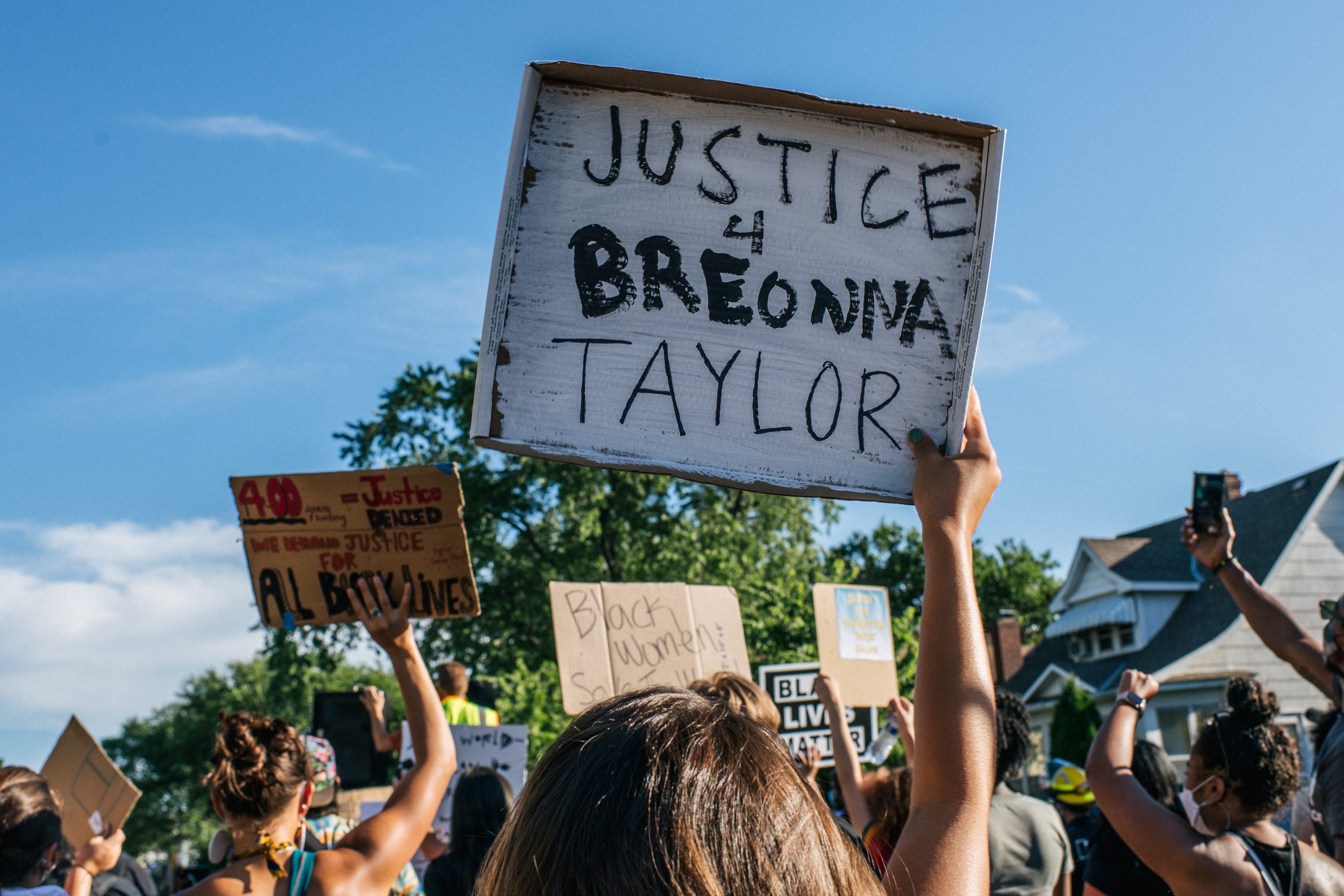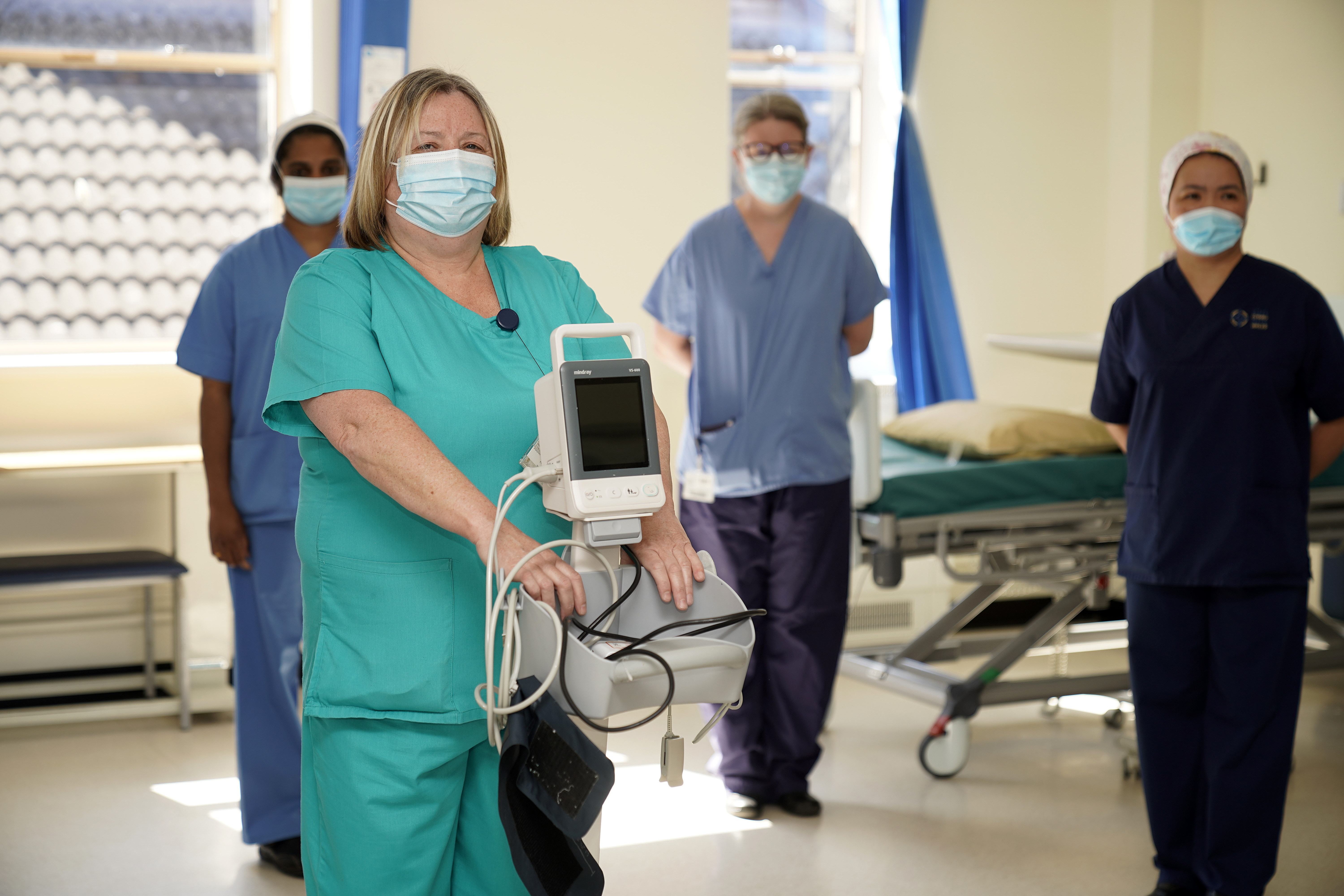Experts Say Racism Might Be the Main Cause of Health Disparities Between Whites and Blacks
Nationwide protests over police brutality have brought to the forefront a fact long-known by medical professionals: namely that racism kills, and it might be the main catalyst of health disparities between whites and Blacks, as NBC News reports.
“As a doctor and a policymaker, I often hear the question ‘what is it about black and brown people’ that makes us more vulnerable to the virus? That question infuriates me. Science makes clear how powerfully our experiences and environments shape our biology,” Dr. Nadine Burke Harris, California’s first surgeon general, wrote in a recent essay.
Dr. Burke Harris said in her essay that the images of masked protesters carrying “Black Lives Matter” signs are starkly juxtaposed “the heroic efforts we are all making to protect our communities from coronavirus against our feckless efforts to curb the sickness of racism that has infected America since its birth.”
“In those images is also a reminder that the disproportionate death rate of Black and brown people from COVID-19 is no coincidence. It is directly related to the history of racial oppression in our nation,” Dr. Burke Harris said.
Dr. Burke Harris, who is a mother of four, has twin sons age 17 and sons 8 and 4, told NBC News that her entire career and medical training has been devoted to reducing health disparity.
“The way chronic stress and trauma gets under our skin and affects our biology was not being addressed. That’s why it felt important to me not only to elevate the issue, but also to elevate the science,” Dr. Burke Harris said. “The science has been around for decades.”
According to research, there has been a long disparity between the health of Blacks and whites. There is an overrepresentation of Blacks hospitalized and saying from coronavirus, as the Centers for Disease Control and Prevention reports
Overall, nationwide, Black people are more likely to perish prematurely from a number of illnesses. Recently, local governments, including those of Denver, Charlotte, North Carolina, Dallas, Texas, and Indianapolis have declared racism a public health crisis. Activists and advocates now wait to see what solutions will be implemented.

MINNEAPOLIS, MN – JUNE 26: People march in the streets during a demonstration on June 26, 2020 in Minneapolis, Minnesota. The march honored Breonna Taylor, who was shot and killed by members of the Louisville Metro Police Department on March 13, 2020. (Photo by Brandon Bell/Getty Images)
“We have to help health care providers understand how trauma affects people’s health. It is just like lead poisoning. Doctors can do medical treatment to help reduce the impact of lead on someone’s health. But the real answer is to get lead out of the paint,” Dr. Burke Harris said.
A professor of psychology at Howard University has done the research for years that involves showing how stress caused by racism can affect the mental and physical health of Blacks. Jules Harrell said the current global acknowledgment of racism came due to “the perfect storm. … I don’t know if we could have even imagined this.”
Harrell also noted that today Blacks must contend with coronavirus — and the disparate effects that COVID-19 has had on the Black community — while also dealing with the trauma of witnessing a continuous myriad of violent killings of Black people.
“In the 1980s at Howard, we started looking at the physiology of racism in the laboratory, looking at blood pressure and cardiovascular events,” Harrell said, who said researchers had volunteers who were Black watch films of situations like people being accused of shoplifting or refused an apartment because of race.
“Then the Rodney King incident occurred, and people saw it over and over, and it was worse than anything we were showing people,” Harrell said. “Now we see the slow-motion lynching of Mr. Floyd.”
“The research we did was centered around the meanness and inconvenience of racism, but nothing like ardent cruelty,” Harrell said. “We didn’t show that kind of thing because we thought of the ethics of it.”
“We looked at cardiovascular effects — blood pressure and how hard the heartbeats when experiencing some things such as racism. It’s amazing how sensitive our systems are to this,” he said.

WREXHAM, WALES – MAY 14: Nursing staff of the Prince of Wales unit at Wrexham Maelor Hospital, pose and applaud for a video to thank people for their donations to purchase blood pressure machines through local NHS charity Awyr Las (Blue Sky) on May 14, 2020 in Wrexham, Wales. As the National Health Service grapples with the Covid-19 pandemic, members of the British public have raised tens of millions of pounds for charities that support NHS institutions and their workers. In Wales, initiatives by the local NHS charity Awyr Las (Blue Sky) show how that fundraising translates to material assistance, going over and above what core NHS funds support. Awyr Las have funded items ranging from appliances and refreshments for staff break rooms to medical equipment like blood pressure monitors and catheterisation models. Awyr Las, one of over 200 NHS charities across the country, is part of NHS Charities Together, the national organisation of charities that was the beneficiary of Captain Tom Moore’s historic fundraising campaign. (Photo by Christopher Furlong/Getty Images)
According to Harrell, even during sleep, the brain may still process acts of racism and that blood pressure, which for many people goes down during rest, may not among Blacks.
“There’s something wrong with a society that causes people to carry this even when they sleep,” Harrell said. Today Black people are also suffering from experiencing racism in a way that hasn’t been possible in the past due to social media and constant replaying of brutal murders.
“You don’t have to be a direct target of racism for it to negatively impact your physical and emotional health,” Gail Parker, a psychologist and yoga therapist in Palm Springs, California said. “People are experiencing secondary or vicarious trauma. Secondary trauma is the trauma of exposure to a racially charged event that leaves you feeling helpless and afraid and comes from seeing something overpowering. We are seeing this on top of the ongoing daily recurrences of racial events that cause us emotional pain.”
Dr. Parker suggested that as society grapples with how to eradicate racism, Black people should do something in their immediate control: stop repeatedly watching and reading about these killings.
“Black people have a group consciousness, so when we see a Black person being killed or abused on television or when we read about it, we identify with that person being abused and with their family,” Dr. Parker said.
Dr. Parker advised that Black people stop watching and also stop having re-traumatizing conversations.
“Give yourself an opportunity to rest and recuperate before you re-engage,” she said. “It’s about self-protection. Secondary trauma is just as lethal to Black people as secondhand smoke.”

